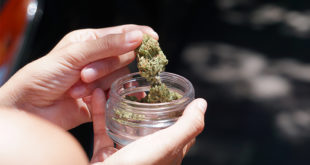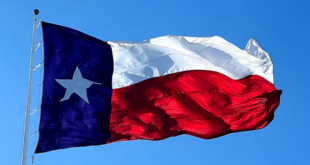
Marijuana remains a Schedule 1 drug and, for this reason, those in legal marijuana businesses still have difficulties with banking. Given that the drug is still illegal on a federal level, the government sees opening bank accounts for these businesses as holding illegal drug money.
The biggest obstacle in the matter is the U.S. Federal Reserve. This is the banking system for the government. They argue that with marijuana still being illegal federally, the money from sales cannot be put into the central banking system.
The state of Colorado specifically formed Four Corners Credit Union for its marijuana-related businesses, but now a judge will determine the fate of the bank. In court documents, the Federal Reserve claims that Four Corners Credit Union “was formed with the intent to serve a federally illegal purpose.”
One of the biggest issues with the controversy is that marijuana business owners have to pay bills, taxes and even payroll with cash. This proves to be difficult, and quite inconvenient.
As reported by Summit Daily, no cash crimes or thefts have occurred in Colorado, but business owners fear that having so much cash on-hand could lead to trouble eventually.
The Federal Reserve argues that Congress should be the deciding entity in the matter, not a federal judge. According to them, “Federal legislators have introduced multiple relevant bills that would address the issues, the court should abstain from doing so.”
The federal judge, R. Brooke Jackson, has been assigned to this case. He has been given no deadline to make a decision in the matter. The ongoing debate leaves legally operating marijuana business owners feeling nervous about so much cash being on-hand and not being able to use banks like any other business.
 AZ Marijuana Arizona Marijuana Info
AZ Marijuana Arizona Marijuana Info






